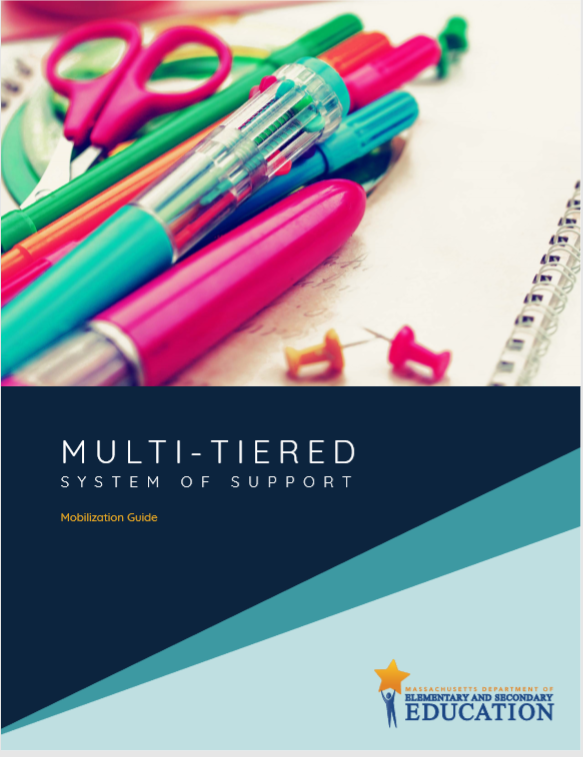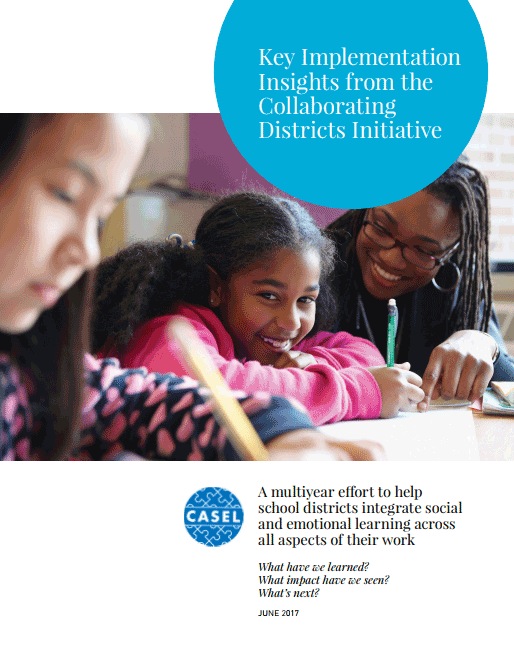Wraparound Replication Cookbook: Recipes for Creating Strong School Culture and Addressing Social Emotional Barriers to Learning
/This cookbook is the result of the Massachusetts Wraparound Zone Initiative - an initiative aimed at helping schools tackle both academic and non-academic barriers to student learning. A rigorous evaluation of the Massachusetts Wraparound Zone Initiative (5 districts, 30 schools) conducted by the American Institutes of Research found that wraparound strategies made a significant contribution to improved student outcomes, particularly those related to student behavior, student support, and family engagement. This handbook represents the best thinking and strategy "recipes" on how to support the social emotional aspects of learning:
Addressing school culture and the social emotional aspects of learning
Rethinking systems for holistically identifying and addressing student academic and social emotional needs
Creating focused partnerships and coalitions
Treating parents as full partners
Big district and state takeaways
How to get started and how to manage priorities coherently
Profiles of six districts and the strategies they used
Links to resources, tools, templates and more
Resource Links
Individual Recipes
Student Success Teams (Student Support Teams, Child Study Teams, Whole Child Support Teams)
Rethinking Parent Academies and Cafes: Pooling Community Resources
Wraparound Video Series - hear Mass educators, students, staff, parents and partners highlight their strategies and the impact
Source
Massachusetts Department of Elementary and Secondary Education and School & Main Institute


























